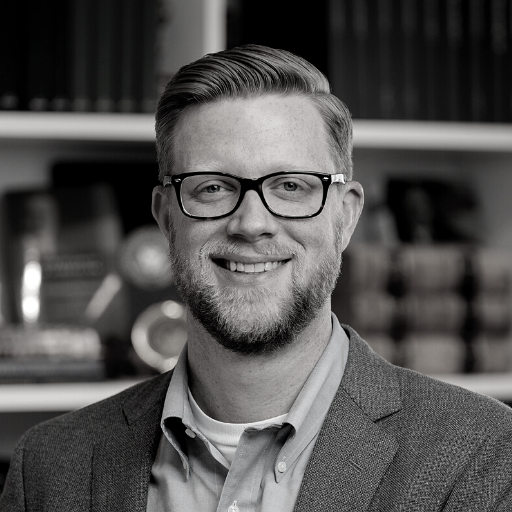How false notions of moral autonomy scrambled American parenting
American parents are great at keeping our kids' bodies safe. But what about their minds?


A free daily email with the biggest news stories of the day – and the best features from TheWeek.com
You are now subscribed
Your newsletter sign-up was successful
Meta's new safety tools for Instagram rolled out earlier this month, and they'll become available in the Family Center for other apps, inluding Facebook, and the popular Oculus virtual reality headsets later this year. Parents of younger users — in theory, this means teenagers over 13, which is Meta's minimum user age, but in practice it includes younger kids, too — will be able to monitor and limit their children's content choices and app time.
That might seem like unqualified good news given the known dangers of unfettered access to technology, especially for teens, and recent years' widespread, bipartisan calls for more regulation of children's tech use. But parental controls are more divisive than you might think, as many argue they're less about protection than control.
There are "parents who for a variety of reasons — including political, cultural, or religious beliefs, ignorance of the facts, or fear — would deliberately prevent their teens from accessing social-networking sites," wrote tech journalist Larry Magid in 2009. His argument, widely echoed since, was that parental safety tools could be misused by abusive parents, as well as parents who "might deliberately try to suppress their teen's exploration and expression" or deny their children "access to information that is counter to their parents' political or religious beliefs."
The Week
Escape your echo chamber. Get the facts behind the news, plus analysis from multiple perspectives.

Sign up for The Week's Free Newsletters
From our morning news briefing to a weekly Good News Newsletter, get the best of The Week delivered directly to your inbox.
From our morning news briefing to a weekly Good News Newsletter, get the best of The Week delivered directly to your inbox.
That reaction isn't just about safety tools in tech. It's symptomatic of a larger cultural divide about how much freedom kids and teenagers should get, as well as what role parents should have in raising their children. This bigger debate is part of our heated conversations around whether critical race theory is being taught in the classroom or if gender ideologies should be promoted as early as kindergarten. Whose role is it to raise our children, and when it is appropriate to expose them to difficult and politically fraught topics? Do parents have a right to determine what their children see and learn? How much freedom should a teenager have, and what boundaries should parents be allowed to set for their own families?
Western culture is at an interesting crossroads with this question of children's autonomy. On one hand, our society champions complete moral autonomy, usually cast as a project of throwing off oppressive boundaries and pursuing our own versions of reality at all costs. But we also recognize our moral choices have profound consequences for us and society around us, and we constantly take public stands on political and social issues that make no sense if we deny the reality of objective moral truth. We might want to live as if reality is whatever we'd like it to be, but deep down we know that's not the world that exists.
Shedding traditional moral boundaries — what Peter Singer describes as "nasty puritanical prohibitions" — might seem liberating. But, as Christine Emba recently wrote in The Washington Post, liberation doesn't actually feel very good. After describing the problems plaguing young people in a sexual culture with just one rule left, Emba argues we need a new sexual ethic that goes beyond mere consent — an ethic, interestingly, that sounds more traditional in scope and commitment, the exact opposite of the quasi-hedonism of our day. And if adults aren't faring well under the new regime of complete moral autonomy, how do we expect children to do better?
Today, we are increasingly adept at protecting our kids' bodies from so much that life throws at them. From the moment our children are born, our homes are filled with safety devices, locks, and protective gear. Many have vaccinated their children and had them don masks to protect themselves and others from the COVID-19 virus. But while we've reached a historic degree of physical safety, have we failed to protect morally, emotionally, mentally, and spiritually? Have we failed to train our children to be virtuous people who embrace and flourish within the good limits of moral boundaries?
A free daily email with the biggest news stories of the day – and the best features from TheWeek.com
In much of our society, the energy and effort we spend protecting our children's bodies — which is good and right to do — has not been matched by energy and effort to protect their souls. Parents are increasingly told they have an inherent responsibility to provide physical protection but no right to protect their children's moral, emotional, mental, and spiritual development. (And we wonder why this generation seems more depressed, isolated, and confused than any before.) You must make them eat their vegetables but can't kick them off Facebook.
This is incoherent. Children who are still too young to know the repercussions of their own actions should not have freedom to do as they please online any more than they should be allowed to design their own diets.
Parents know kids desperately need (and often want) objective moral boundaries, given in steadfast love and commitment, even if they rebel and seek to push away from us. While we often fail as parents, that failure doesn't change this ideal. And online content — including controversial ideas that will shape how teenagers see themselves and the world around them — is not an exception to that parental purview.
Parental controls like those Meta debuted are a good start, a sign that parents across the political spectrum are increasingly aware of the risks of giving kids free rein on the internet. But no Meta policy can erase the allure of thinking of ourselves as truly autonomous beings or of parenting, in that perspective, as if we only need to protect our children's bodies, not their minds. The duty of parenting means we can't outsource raising our children to the state, society, or social media — nor can we simply turn them over to their own desires in the name of encouraging self-expression.
None of us are equipped for that kind of complete freedom, for getting through life without oversight, accountability, love, and guidance. That's true of adults, but even more so of children. As the culture wars rage on and the myth of moral autonomy continues to spread, parents have both the grave responsibility and the immense joy of raising our kids to be wise, virtuous people. Cutting down their time on Instagram might well be a good place to start.
Jason Thacker is chair of research in technology ethics and director of the research institute at The Ethics and Religious Liberty Commission. He teaches ethics and philosophy at Boyce College in Louisville, KY. His work has been featured at Christianity Today, The Gospel Coalition, Slate, and Politico. He is the author or editor of numerous works, including The Age of AI: Artificial Intelligence and the Future of Humanity, Following Jesus in a Digital Age, and The Digital Public Square: Christian Ethics in a Technological Society.
-
 The ‘ravenous’ demand for Cornish minerals
The ‘ravenous’ demand for Cornish mineralsUnder the Radar Growing need for critical minerals to power tech has intensified ‘appetite’ for lithium, which could be a ‘huge boon’ for local economy
-
 Why are election experts taking Trump’s midterm threats seriously?
Why are election experts taking Trump’s midterm threats seriously?IN THE SPOTLIGHT As the president muses about polling place deployments and a centralized electoral system aimed at one-party control, lawmakers are taking this administration at its word
-
 ‘Restaurateurs have become millionaires’
‘Restaurateurs have become millionaires’Instant Opinion Opinion, comment and editorials of the day
-
 Should parents stop tracking their kids?
Should parents stop tracking their kids?Talking Point Experts warn the line between care and control is getting murkier – and could have consequences
-
 Australia’s teens brace for social media ban
Australia’s teens brace for social media banIn The Spotlight Under-16s will be banned from having accounts on major platforms
-
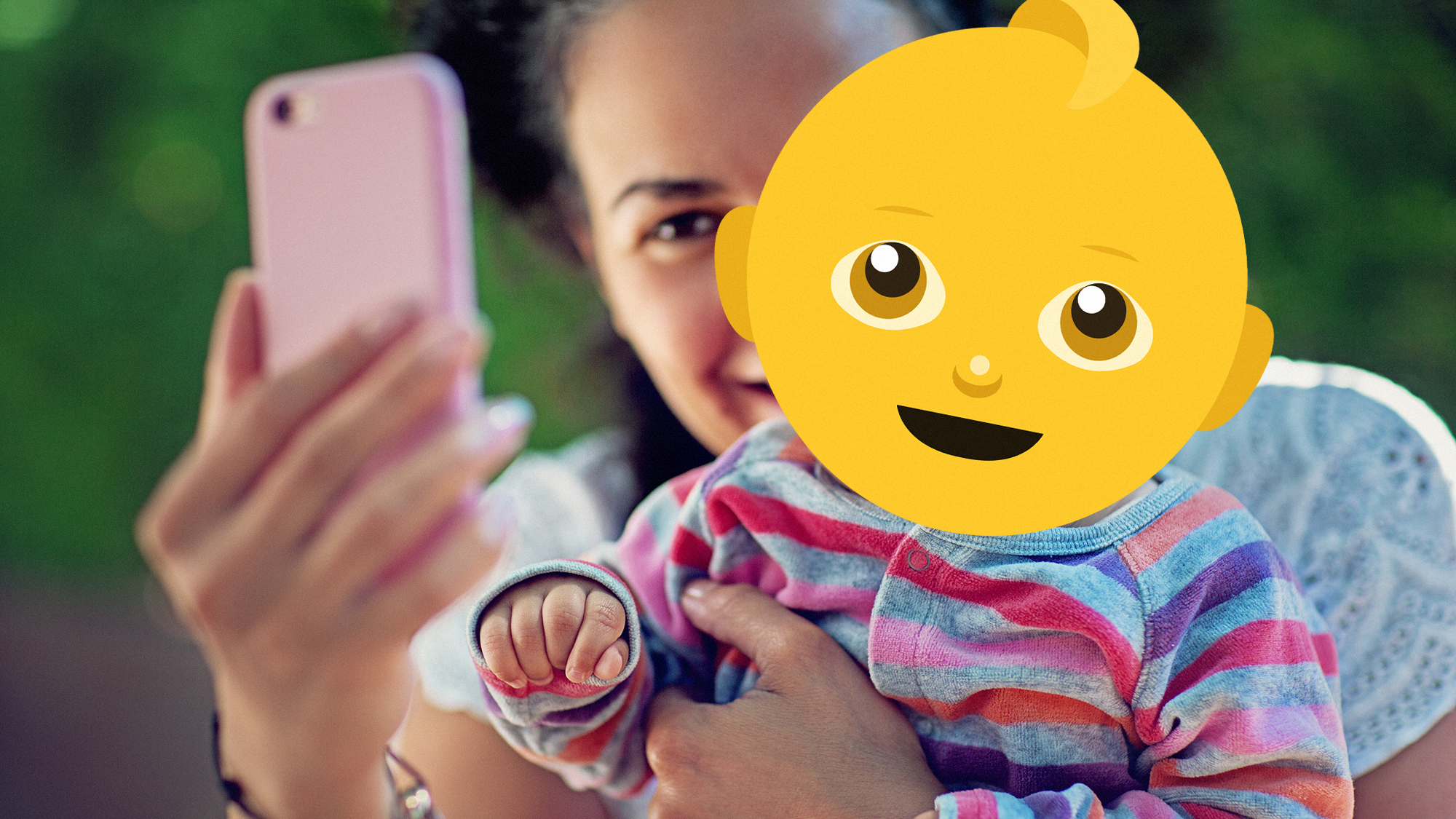 Sharenting: does covering children's faces on social media protect them?
Sharenting: does covering children's faces on social media protect them?In The Spotlight Privacy trend has 'trickled down' from celebrity parents but it may not protect your kids
-
 Disney is still shielding Americans from an episode of 'Bluey'
Disney is still shielding Americans from an episode of 'Bluey'Talking Points The US culture war collides with a lucrative children's show
-
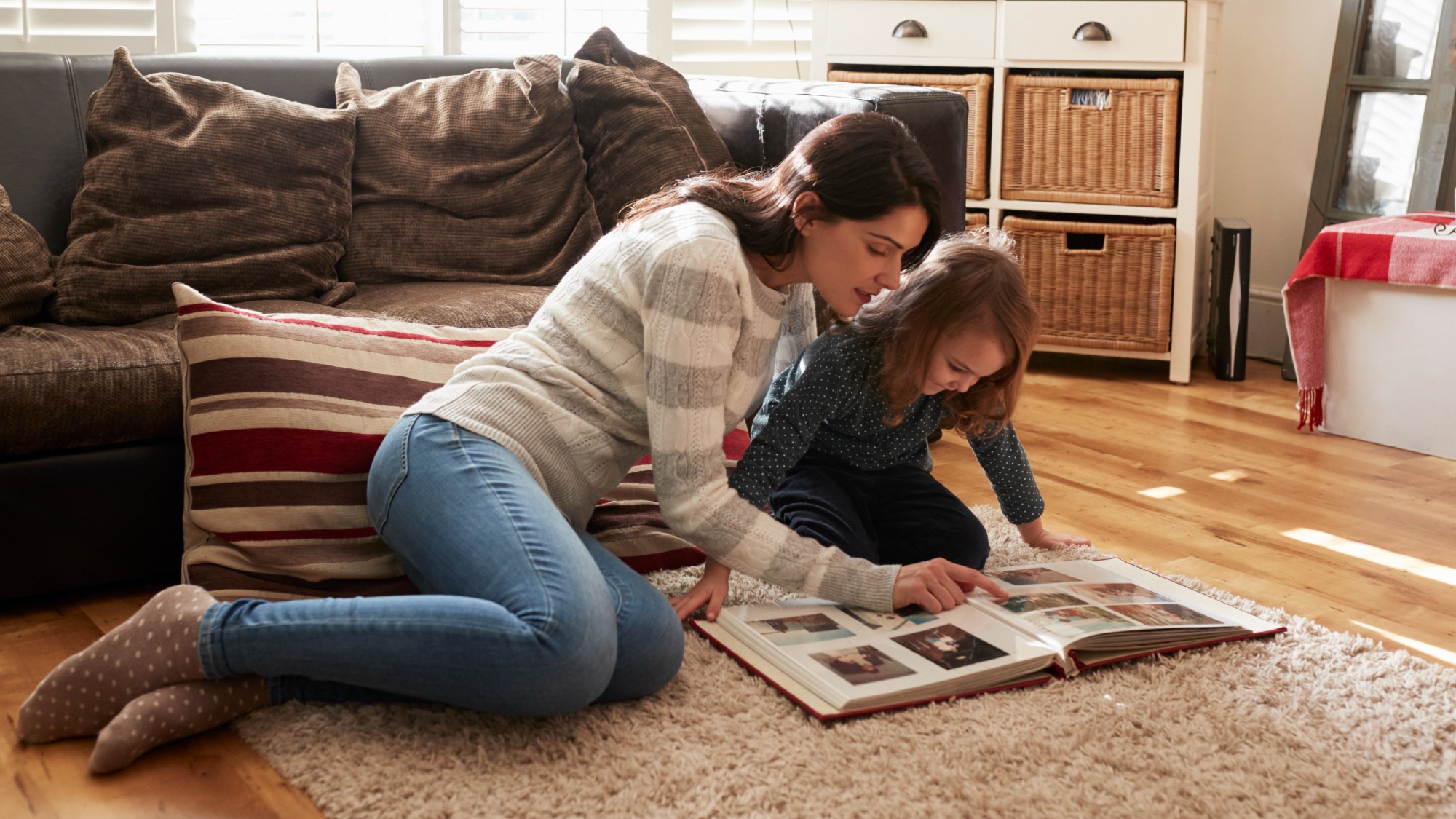 'Making memories': the scourge of modern parenting?
'Making memories': the scourge of modern parenting?In The Spotlight Meghan Markle sends her children emails of each day's 'moments' but is constant 'memory-making' just another burden for parents to bear?
-
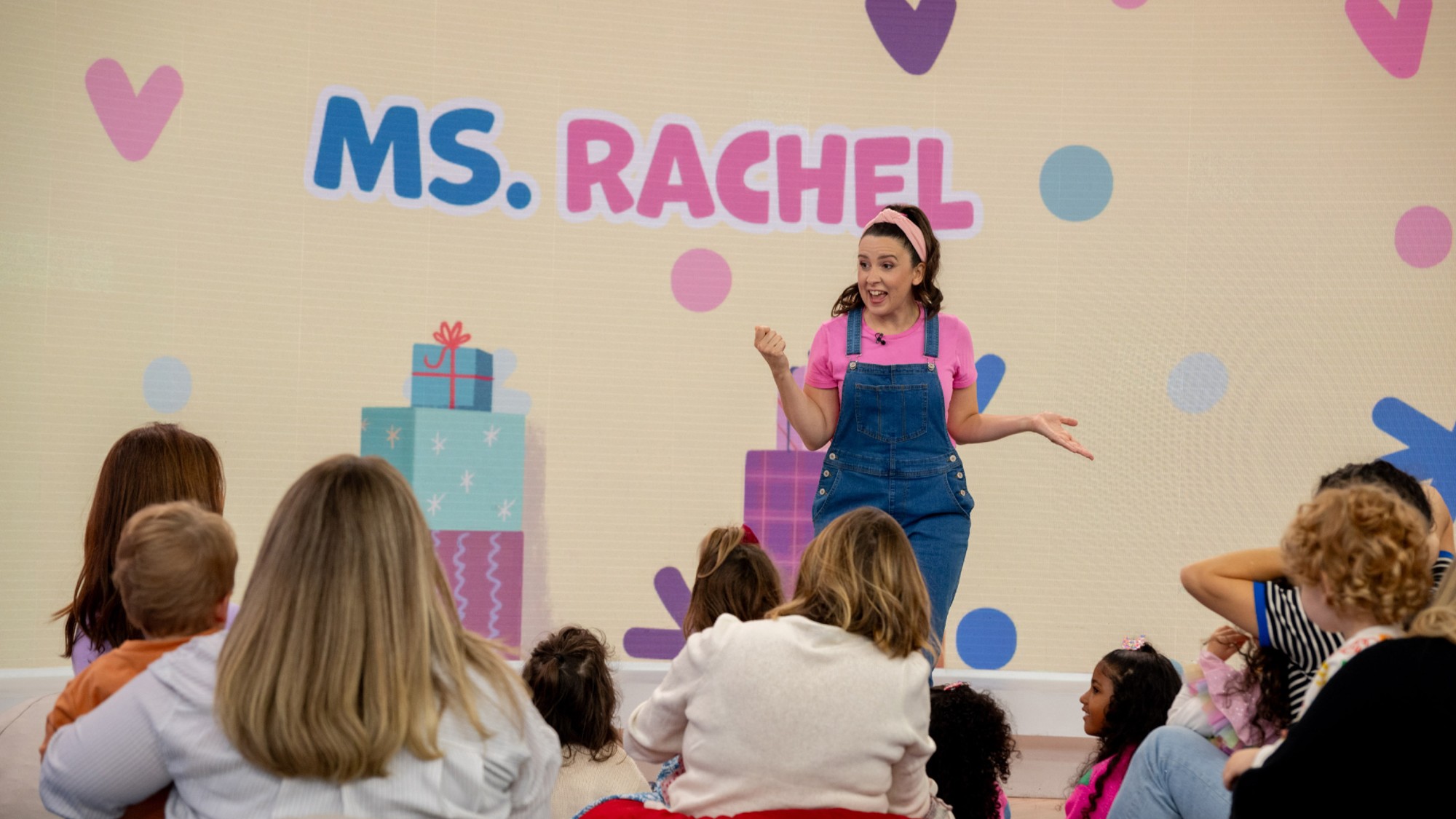 5 'slow TV' shows for overstimulated kids
5 'slow TV' shows for overstimulated kidsThe Week Recommends In an era of fast-paced content and short attention spans, the slow TV movement can be a boon to parents
-
 Chappell Roan and those parenting comments
Chappell Roan and those parenting commentsTalking Point Gen Z popstar’s claim that parents are unhappy has been widely criticised
-
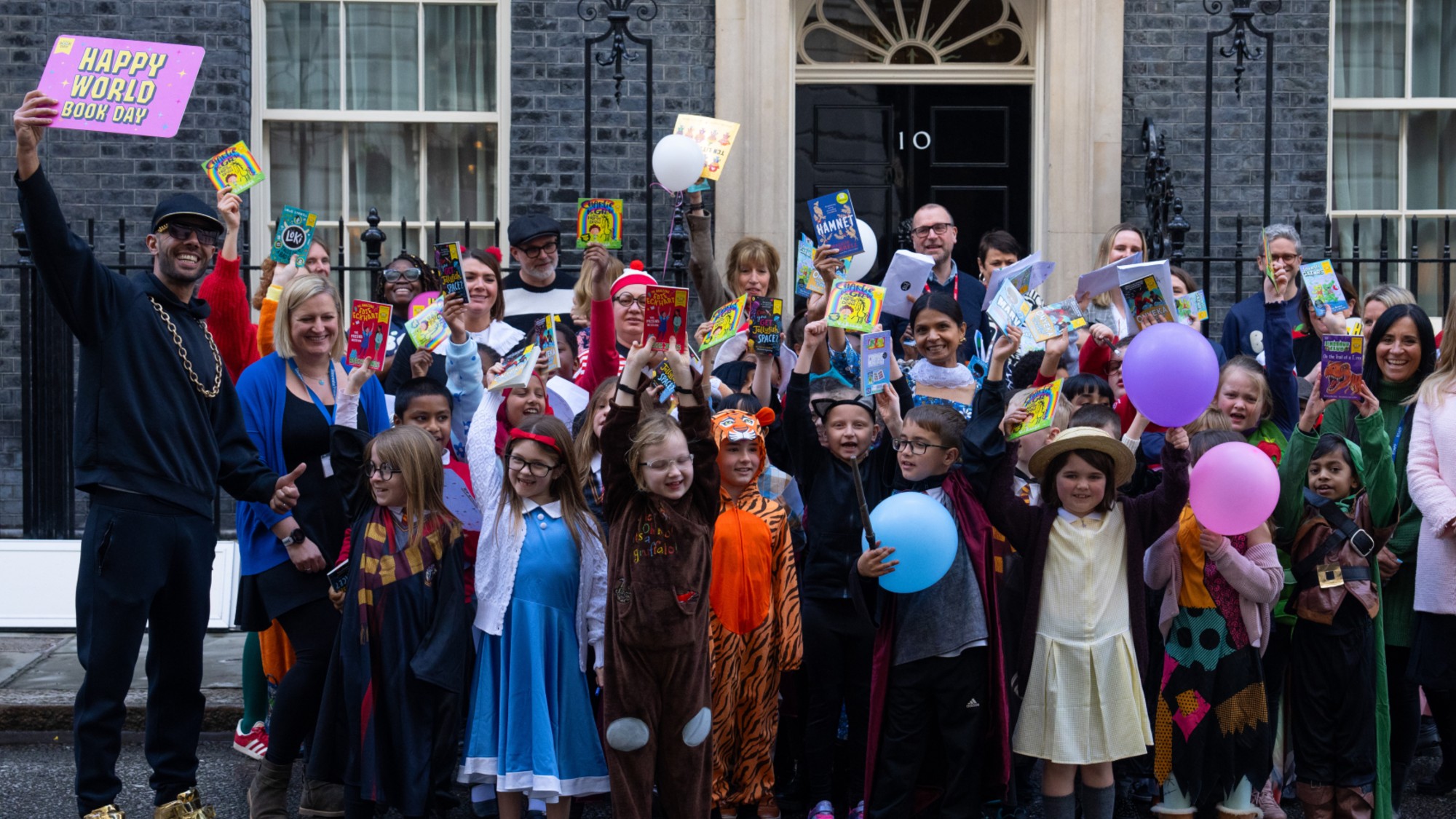 Has World Book Day become a 'horror show'?
Has World Book Day become a 'horror show'?Talking Point Annual event to encourage children to read for pleasure is sore spot for parents under 'growing pressure' to create character costumes
